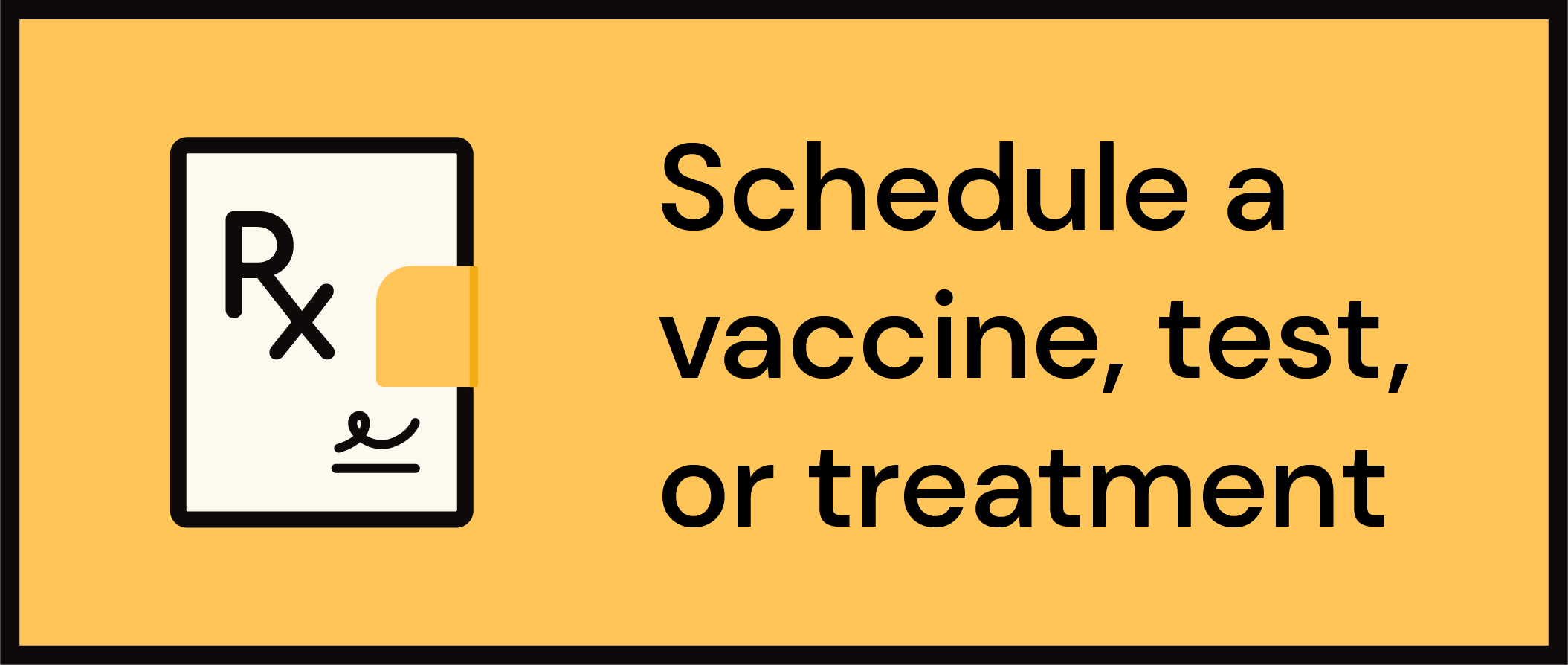Get Healthy!

- Amy Norton
- Posted October 25, 2021
Quit Smoking Before 45 & Wipe Out 87% of Lung Cancer Risk
Smokers who kick the habit before age 45 can nearly eliminate their excess risk of dying from lung or other cancers, a new study estimates.
It's well-established that after smokers quit, their risk of tobacco-related cancers drops substantially over time.
Researchers said the new findings underscore the power of quitting as early as possible. Among more than 400,000 Americans they followed, smokers died of cancer at three times the rate of nonsmokers. However, smokers who managed to quit by age 45 lowered that excess risk by 87%.
And if they overcame the habit by age 35, their excess risk of cancer death was erased, said Blake Thomson, a researcher at the American Cancer Society who led the study.
He stressed that it's never too late to quit. Smokers who quit in their 50s to early 60s also substantially lowered their excess risk of cancer death.
But the findings do underscore the power of kicking the habit as early as possible.
"If you're a smoker in your 30s, hopefully these findings will speak to you," Thomson said.
The study was published Oct. 21 in the journal JAMA Oncology. It looked at data on more than 410,000 Americans who entered an ongoing federal health survey between 1997 and 2014.
Around 10,000 participants died of cancer during the study period. And on average, smokers were three times more likely to die of cancer -- most often lung cancer -- compared with people who'd never smoked.
Much, however, depended on age -- the age at which smokers both started and quit.
The younger people started smoking, the greater their risk of eventually dying from cancer. Among those who started before age 18, the risk of dying from cancer was increased at least three-fold.
When people started smoking before age 10, their risk of cancer death was quadrupled versus lifelong nonsmokers.
It may sound surprising, Thomson noted, but there are smokers who get hooked that early in life.
For people who pick up the habit at a tender age, "it's imperative that they quit as soon as possible," Thomson said.
That's because overall, his team estimates, smokers who quit before age 35 wiped out their excess risk of dying from cancer. Meanwhile, those who quit before age 45 slashed their excess risk by 87%.
The outlook was also good for smokers who quit later. If they managed to do so between the ages of 45 and 54, their excess risk was cut by 78%, and by 56% if they quit between the ages of 55 and 64.
"The take-home message is that it is never too early and never too late to quit," said Dr. David Tom Cooke, a volunteer spokesperson for the American Lung Association.
He said doctors should help patients kick the habit as early as possible, but also "never give up" trying to quit.
"Sometimes an individual has to quit multiple times to stay off tobacco products permanently," said Cooke, who is also a professor of general thoracic surgery at the University of California, Davis Health.
In general, he said, smokers fare better when they get some help in the effort, whether from their doctor or through free government "quitlines," which operate in every state. In a recent study, Cooke and his colleagues found that participating in California's free quitline boosted quit rates among smokers seen at their clinic.
That kind of support, Thomson said, can help people sort out their smoking-cessation options. These include two prescription medications and over-the-counter nicotine replacement products, like gums and patches.
Smoking raises the risk of numerous cancers, Thomson noted -- including colon, kidney, bladder, stomach and pancreatic cancer. But lung cancer is the top cancer killer among smokers.
Some former smokers who've quit within the past 15 years still qualify for annual CT scans to screen for lung cancer -- depending on their age and how heavily they smoked in the past.
"I would encourage any current or former smoker to talk to their primary care provider and find out if they are eligible for lung cancer screening," Cooke said.
More information
The American Lung Association has resources to help smokers quit.
SOURCES: Blake Thomson, D.Phil., principal scientist, cancer disparity research, American Cancer Society, Atlanta; David Tom Cooke, MD, professor and chief, division of general thoracic surgery, University of California, Davis Health, and volunteer spokesperson, American Lung Association, Chicago; JAMA Oncology, Oct. 21, 2021, online








